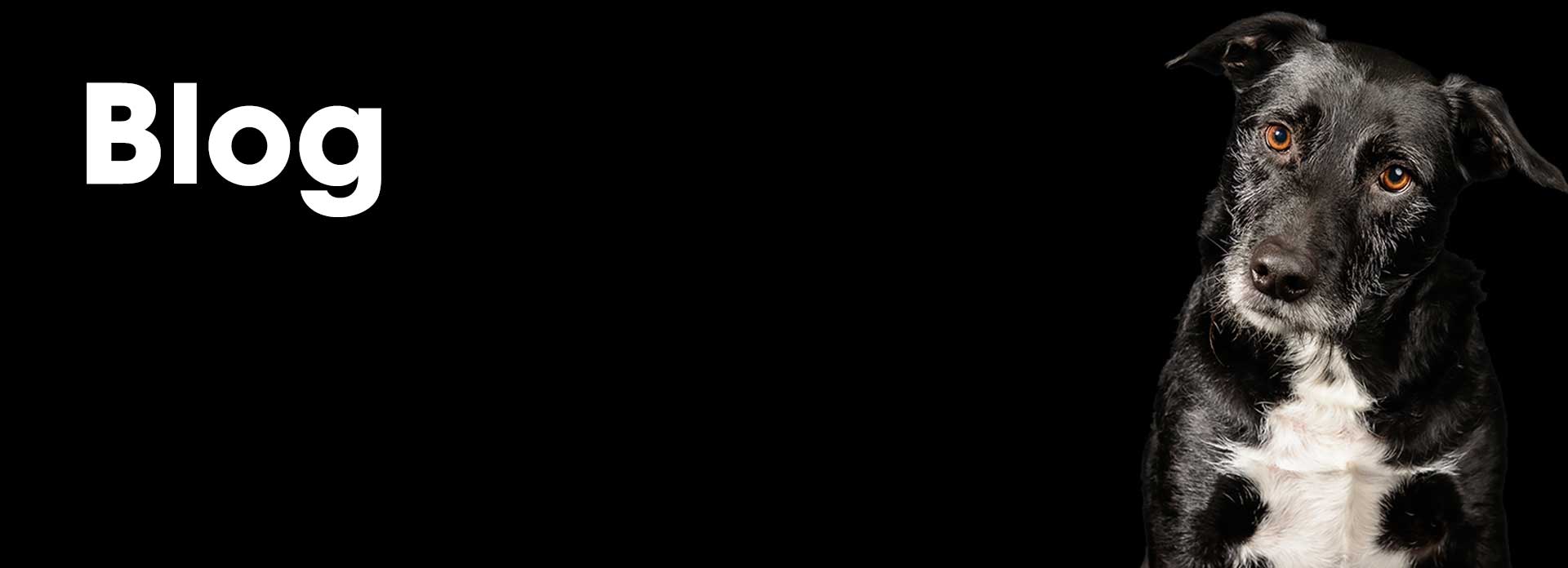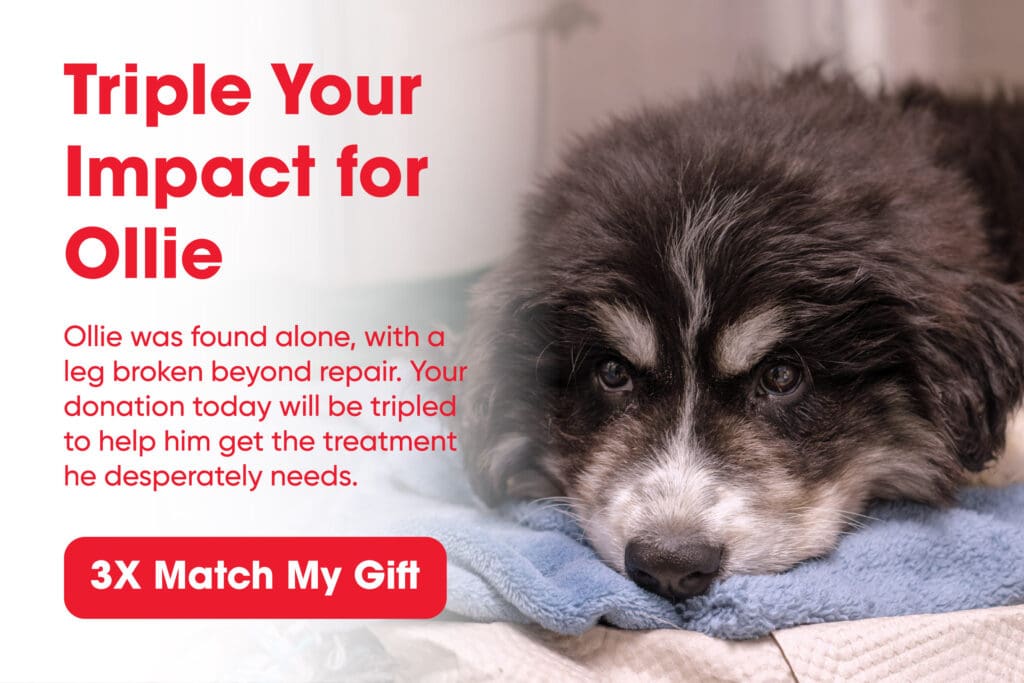The 4th of July is looming on the horizon, and we’re all looking forward to the festivities – many of us will also want to include our pets in those festivities. Before you do, be sure to consider some of the potential risks to a pet’s health and well-being. Gloria J. Dorsey, DVM, MPH, talks about the most frequent concerns and injuries she was presented with as a practitioner after the 4th of July:
Trauma: Dogs are afraid of loud, booming noises. A dog may escape from its leash or harness and become lost or sustain any number of injuries that require veterinary care. Dogs have been known to escape through open windows or shatter plate glass windows to escape frightening noises. Avoid taking your pet to parades, parties, and fireworks even if he/she is usually calm and docile. The sounds can cause the pet to cower and quake, or become distracted and bolt away from you. If your pet is used to crating, this may be safer than hiding in a closet or under the bed. Try playing white noise once the fireworks commence. You may even consider an herbal or prescription calming aid. Be sure to check with your pet’s veterinarian about what is recommended.
Upset Stomachs: An upset stomach can result from consuming bones, barbecued or fried foods, chocolate, onions or other food and beverages that are not usually a part of the pet’s normal diet – all of these items should be avoided! Bones of any kind are a potential choking hazard; if the bones are small enough to be crushed during chewing, they can splinter into smaller pieces and perforate the stomach or intestines. Regular or homemade treats are better for in-between meal snacks.
Heat Stroke/Heat Exhaustion: This type of injury can be mistaken for lethargy or other illness and can be difficult for some owners to detect, but they can easily become emergencies in their own right. Dogs in particular may be deemed to be tired from activity after being outside. Heat stroke can be the result of strenuous muscle activity (jogging or vigorous play during the hottest part of the day) or being in an environment that is too hot (car or porch). This condition occurs less often in cats but can happen to cats as well. Dogs suffering from heatstroke will become inactive or collapse, pant heavily, and have bright red gums. They may become disoriented to the point of loud vocalization. Veterinary care is needed immediately in this case.
Intravenous fluids and other treatments are required to rehydrate tissues and return the body temperature to normal. In some instances, this is all that is needed to stabilize the pet. However, hospitalization and further observation may be required depending on how long the animal was exposed to the heat and its subsequent response to treatment. Don’t jog or engage in strenuous exercise with your pet during the hottest part of the day, usually between 11 am and 7 pm. Such activity could exhaust your pet, or burn/injure sensitive paw pads. Don’t encourage exertion to the point of fatigue, exhaustion or pain. Additionally, make sure clean, fresh water is available at all times and replenish it as needed. Remember, water left lying around outside won’t be refreshing or supportive of the pet’s need for adequate hydration.
Here are some other tips to keep your pets safe this Independence Day:
- Minimize your pet’s exposure to large numbers of people he/she doesn’t know. This will reduce stress and decrease the likelihood of being fed foods that upset their digestive systems.
- Make sure your pet is wearing current identification that includes his/her name, your telephone number and a current rabies tag and microchip tag in case he/she becomes lost or separated from you.
- Make sure you know the telephone number and location of the emergency or 24 hour veterinary care facility closet to your home.
We know that the Fourth of July is filled with fun and fireworks, but it can cause our pets to go into sensory overload. The noise can be frightening, the foods upsetting, and even short distance travel can be stressful. Let’s keep our pets safe and consider that avoiding or preventing exposure to the most obvious stressors is always the best way to ensure the 4th of July and the summer months in general are as enjoyable for our pets as it is for us.
Have a safe and happy holiday!

